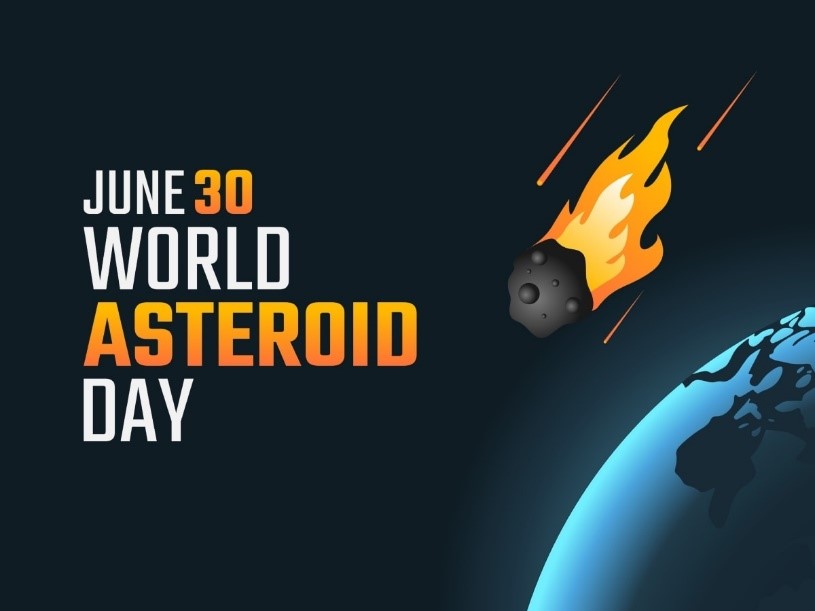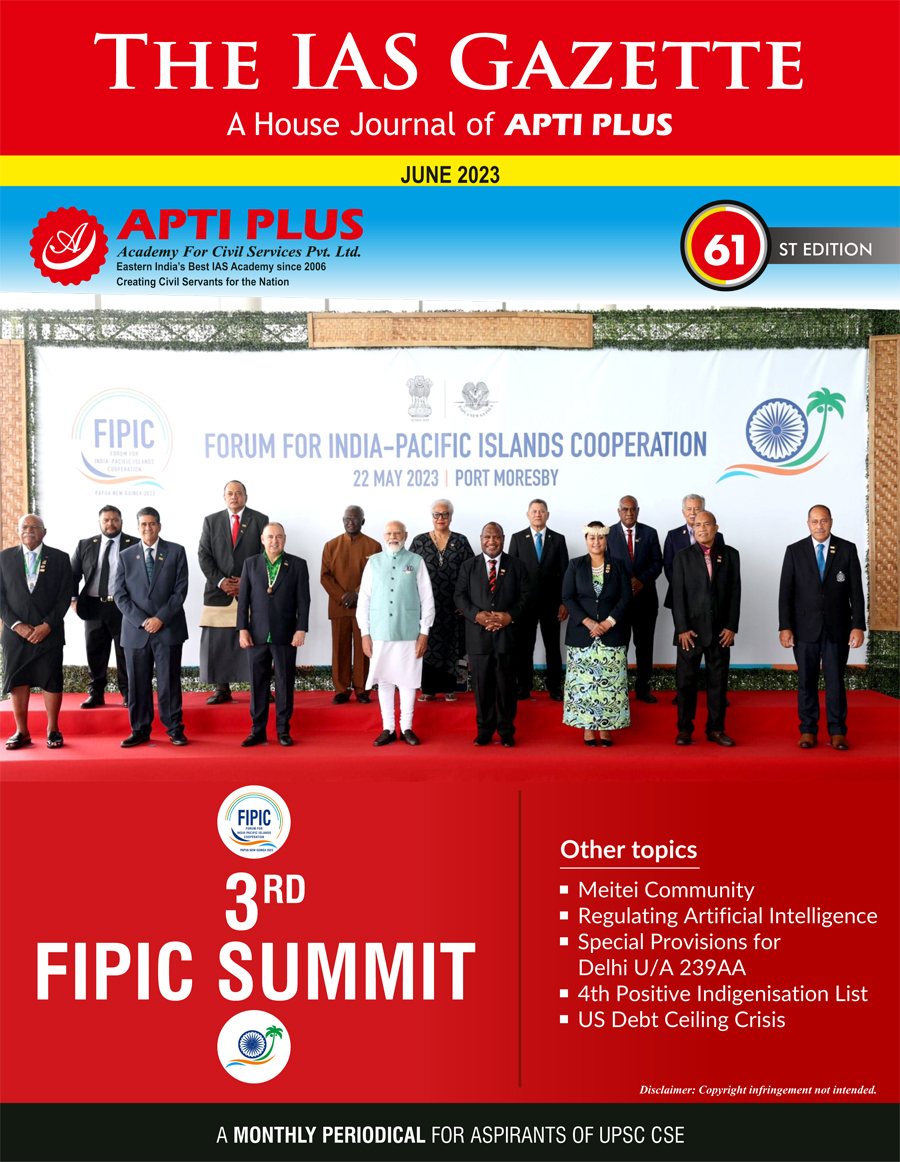Description

Disclaimer: Copyright infringement not intended.
Context
- World Asteroid Day is observed on June 30 every year.
Asteroids
- Asteroids are celestial rocks smaller than a planet but revolve around the sun like them. They are leftovers from the formation of our solar system. From being as small as 10 meters across to as huge as 530 km in diameter, asteroids have varied sizes.

World Asteroid Day
Designation
- The United Nations has designated June 30 as World Asteroid Day.
- The day marks the anniversary of the Tunguska asteroid impact which occurred over Siberia, Russian Federation, on June 30, 1908.
- The UN General Assembly adopted the resolution based on the proposal made by the Association of Space Explorers, endorsed by the Committee on the Peaceful Uses of Outer Space (COPUOS).
Aim
- The day aims to raise awareness about asteroid impact hazards and crisis communication actions in case of a credible asteroid threat to planet Earth.
- The day aims to educate people about the latest and upcoming asteroid research and technology through numerous events and activities held by organizations across the globe.
- The day also aims to encourage international efforts to identify and avert asteroid impacts for which astronauts, scientists, and public figures in 2015 signed the Asteroid Day Declaration. The declaration aims to condition and prepare people in charge for increased efforts to find and track asteroids and promotes development of plans to deflect or destroy asteroids that pose a threat.
Significance
- World Asteroid Day is dedicated to preparing the planet for an asteroid impact.
- Another goal for the day is to speed up the discovery of asteroids. Scientists think that only a small percentage of asteroids have been detected in space thus far, with hundreds more still to be discovered.
- The idea is to raise awareness of, not only the dangers of asteroids, but also the fact that we have solutions in hand to find dangerous asteroids and do something about it.
MUST-READ ARTICLES:
ASTEROIDS: https://www.iasgyan.in/daily-current-affairs/asteroids
DART MISSION: https://www.iasgyan.in/daily-current-affairs/dart-mission
SPACE DEBRIS: https://www.iasgyan.in/daily-current-affairs/space-debris-28
SPACE SUSTAINABILITY: https://www.iasgyan.in/daily-current-affairs/space-sustainiability
PEACE AND SECURITY IN SPACE: https://www.iasgyan.in/daily-current-affairs/treaty-to-ensure-peace-security-in-outer-space
|
PRACTICE QUESTION
Q. Consider the following statements:
1.North American Aerospace Defense Command (NORAD), is an initiative of the U.S. and India that shares selective debris data with many countries.
2.‘Project NETRA’ is an early warning system in space to detect debris and other hazards to Indian satellites.
3.Double Asteroid Redirection Test (DART) will be the first demonstration of the kinetic impactor technique to change the motion of an asteroid in space.
4.Japan launched a low Earth orbit robot prototype called ‘NEO-01’ that can scoop up space debris left behind by other spacecraft with a big net.
Which of the above statements is/are correct?
(a) 2 and 3 only
(b) 1 and 4 only
(c) 2, 3, and 4 only
(d) All of the above.
Correct Answer: (a) 2 and 3 only
Explanations in Must-Read Articles.
|

https://www.cnbctv18.com/science/world-asteroid-day--all-about-the-day-co-founded-by-a-rockstar-17066681.htm
















